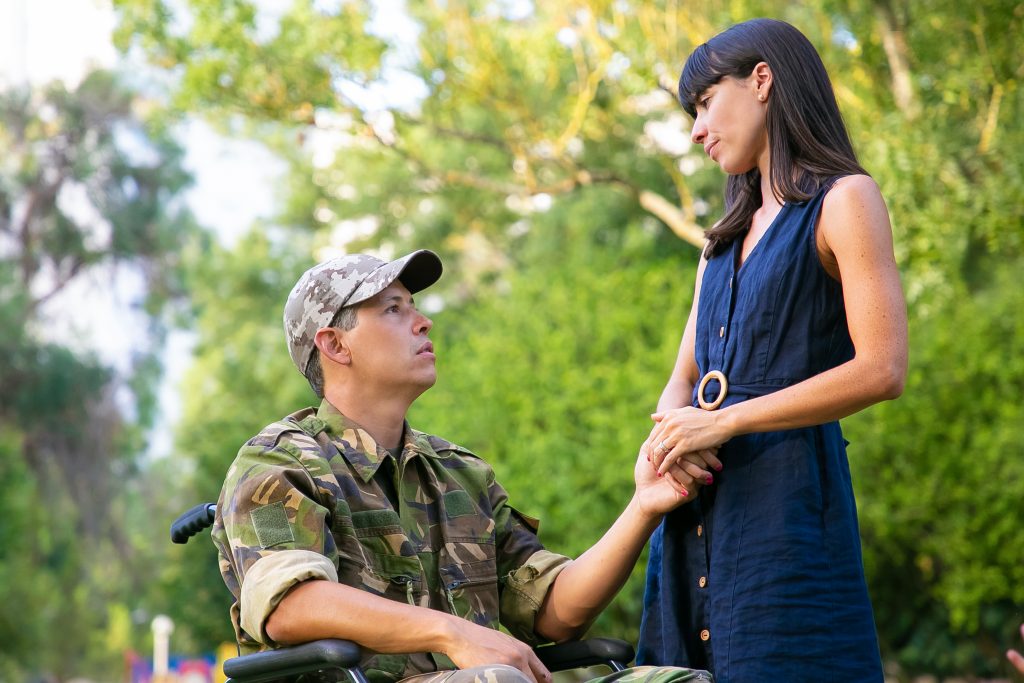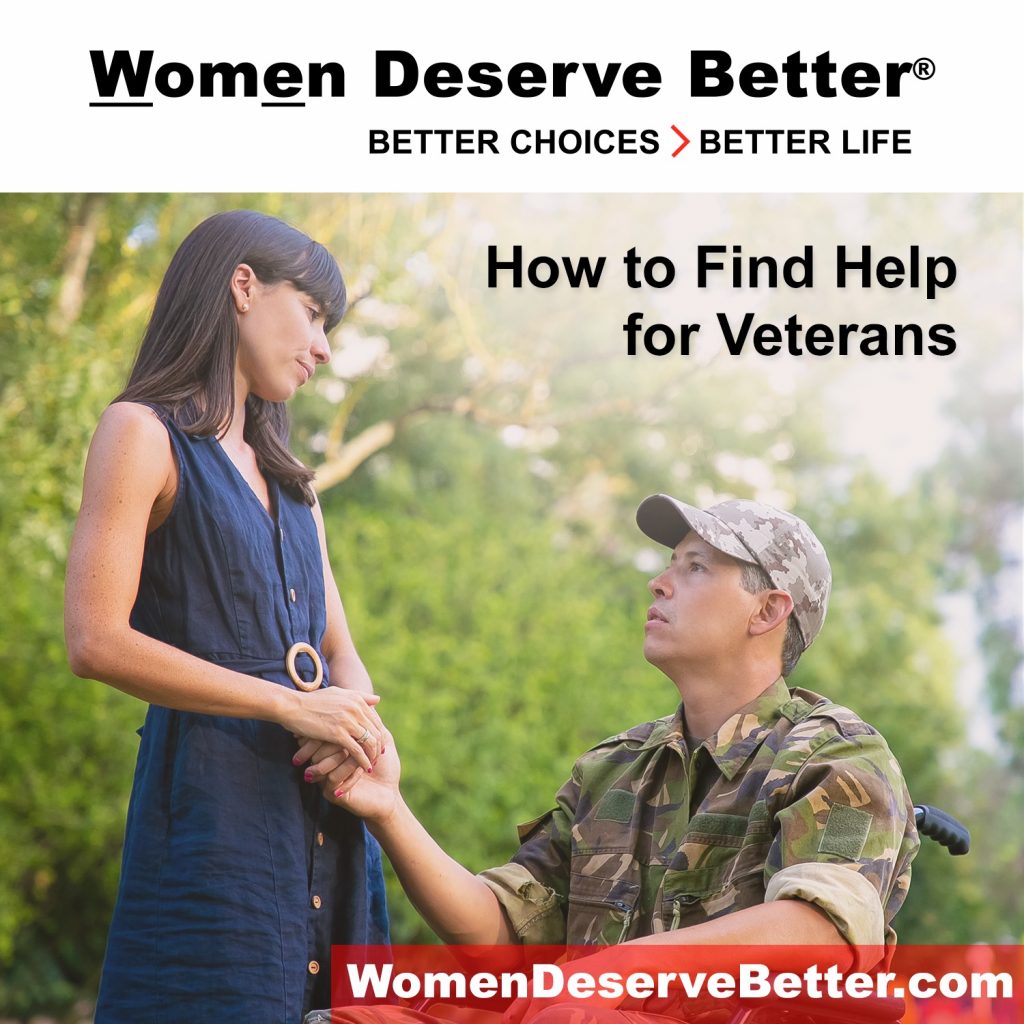
We understand that many people need someone to care for them at some point. Perhaps you have a spouse, parent, grandparents, or other relative who is an veteran, and s/he requires some assistance. Or maybe that vet is you.
You want to care for you and yours as best as you can, but perhaps you need some help.
What resources can you rely on if you find yourself in this situation?
We’ve compiled a list for you so you can find the right care options.
VA Benefits for Elderly Veterans
If you’re in need of monetary assistance, you may be eligible for the following programs.
Aid and Attendance (A&A): This form of aid includes an increased monthly pension if your veteran needs help performing daily functions, such as eating or dressing. Your vet may also be eligible for A&A benefits if s/he is bedridden, living in a nursing home, or if her or his eyesight has become poor.
Homebound: If you or your vet is confined to one location due to a permanent disability, s/he may be eligible for an increased monthly pension.
VA Health Care for Elderly Veterans
What if your vet has substantial health care needs? What programs can you look into?
Geriatrics Program: Veterans with complex health care needs may apply for this program. Elderly veterans can receive this form of care at home, at a medical center, or within the local community. The program involves long-term care, and it offers elderly veterans daily support and assistance from a caring individual.
Home-Based Primary Care: If your vet requires in-home support for an illness or disability, then this program may be right for her or him. A VA physician will supervise a health care team who can meet your parent’s needs within the comfort of his or her home.
Remote Monitoring Care: A VA provider will approve your vet for this service if s/he meets certain clinical requirements. If approved, your parent will be put in contact with a care coordinator who will monitor the patient’s condition through home monitoring equipment.
VA Nonprofit Organizations
There are several charitable resources available that may have just the right kind of compassionate care you’re hoping to find for you or your relative.
Disabled American Veterans (DAV): DAV supports veterans and their family members with lifetime services. Whether your relative is a currently active veteran, or s/he is transitioning out of the military, this nonprofit charity helps veterans access the disability, employment, education, and/or financial and health care benefits they need.
Freedom Alliance: This group works directly with veterans who have been wounded in combat. Freedom Alliance helps veterans who have been paralyzed or lost limbs regain mobility by providing them with a wheelchair that has been customized to accommodate their conditions.
Wounded Warrior Project: As a nonprofit organization, Wounded Warrior Project can work with you to help you locate the care you deserve. They offer a variety of veteran assistance programs, ranging from mental and physical wellness services, to career counseling to help veterans adjust to civilian life. They also provide veterans with housing should you or your relative need it. Please note that there is a waiting list for those most in need of accessible housing.
Finding the right care for a relative who’s a veteran is tough, but our list of suggestions can help you get started on finding the best option for you and your family!
By Samantha Kamman

